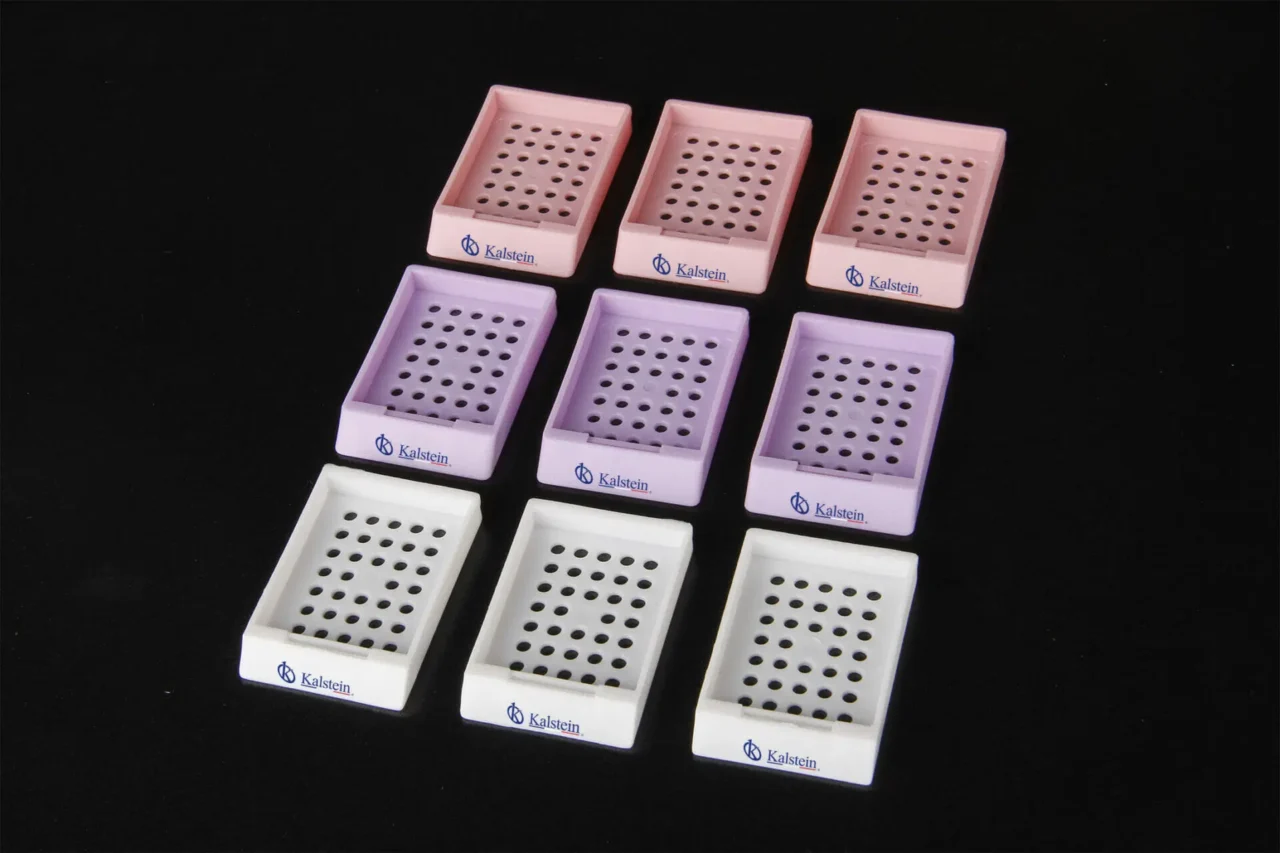Hematology is a discipline that focuses on understanding the blood system and blood, including red blood cells, white blood cells and platelets. Migration reagents are an important tool in hematology as they provide the necessary information for diagnosis, monitoring and quality analysis in terms of results. Migration reagents consist of chemical reagents that are used in all areas of hematology, from flow cytometry to the diagnosis of chronic inflammatory diseases, which are studied with antigen detection techniques.
One of the main uses of migration reagents in hematology is for the diagnosis and monitoring of chronic inflammatory diseases, such as leukemia. These diseases can be detected by different blood cell migration from the presence of specific antigens. Specific antigens are produced as an immune response to chronic inflammation and are detected by antigen detection techniques. The results of this diagnosis can be monitored over time to see the progression of the disease.
What are the uses of hematology reagents in migration?
Reagents are also used in hematology for the diagnosis of some types of cancer. Cancers of the blood cells are often detected by detecting specific antigens in the blood. The results of this diagnosis can be evaluated more accurately through the use of specific antigen detectors known as immunoassay methods. These methods use chemical reagents to detect antigens produced on blood cells that are associated with the presence of cancer.
The reagents are also used for analysis of the quality of the results. The quality of the result is the degree to which the diagnostic test provides accurate and precise results. Quality control refers to the use of chemical reagents to evaluate the performance of a diagnostic test, as well as the number of errors in the procedure performed. For example, chemical reagents are used to compare clinical test results with those obtained using standard procedures. In this way, reagents provide an appropriate measure to ensure the quality of the results obtained.
The relevance of the use of hematology reagents in migrations
In addition to these specific uses of reagents in hematology, reagents can also be used for testing. Tests are hematological assay procedures that are used to evaluate the condition and function of the blood and hematological system. These procedures involve the use of chemical reagents to determine the presence of certain blood cells, production of hematopoietic products, tumor proliferation and tissue function.
In conclusion, migration reagents are an important tool in hematology as they allow diagnosis, monitoring and analysis of the quality of the results obtained. These reagents are used to detect chronic inflammation, blood cancers and to evaluate the quality of diagnostic test results. The reagents are also used for testing for the presence of certain blood cells, production of hematopoietic products, tumor proliferation and tissue function.
Ultimately, reagents have great utility in hematology to help diagnose and monitor disease, as well as to ensure the quality of the results obtained. Every bioanalytical laboratory has its raison d’être in the use of such substances, and as a means of ensuring the accuracy of their results, they turn to manufacturers for the purchase of quality reagents, which have products for sale at reasonable prices.
Hematology testing with Kalstein’s reagents
One manufacturer that has earned a reputation for the quality of its blood reagents is Kalstein. The YRA17-1 Hematology Reagent Pack is in their catalog of products for sale, and allows you to perform white blood cell determination and red blood cell sorting, as well as hemoglobin levels, among other uses. If you want to know in detail what you can do with the hematology reagent package, please visit our websites HERE and HERE.


